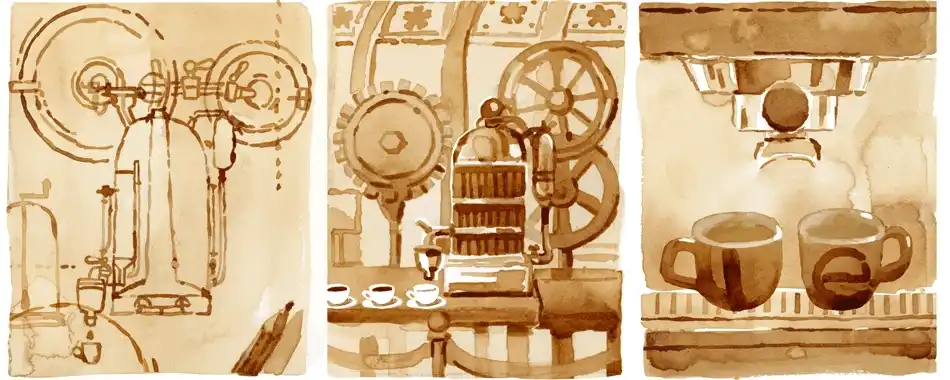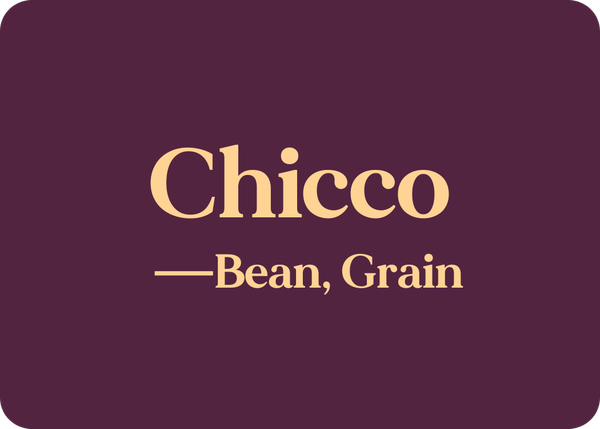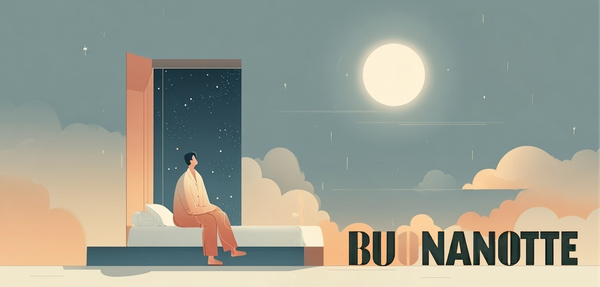Chicco
NOUN [masculine]
Meaning and English translation 🔖
Bean, Grain
🇬🇧 It refers to the seed or kernel of cereals and other plants, as well as small spherical objects.c
🇮🇹 Si riferisce al seme o nocciolo dei cereali e di altre piante, così come a piccoli oggetti sferici.
| Masculine ♂️ | Feminine ♀️ | |
|---|---|---|
| Singular | il - un chicco | - |
| Plural | i - dei chicchi | - |
Example sentences 💬
Il riso Carnaroli ha un chicco leggermente più grosso dell'Arborio e richiede un po' più di tempo per la cottura.
Carnaroli rice has a slightly coarser grain than Arborio and takes a little longer to cook.
In quel bar macinano i chicchi di caffè al momento.
In that café they grind coffee beans on the spot.
I chicchi d’uva si chiamano acini.
Grape grains are called grapes.
Quei chicchi di grandine sono giganti!
Those hailstones are giant!
This article is brought to you by Giulia School, where you can learn Italian the natural way—with real conversations and passionate teachers guiding you every step of the journey. It’s the closest thing to immersion you can get without living in Italy. Click here to learn more.
Where does the word chicco come from? 🔎
Chicco probably comes from the Latin ciccus or ciccum, meaning "dividing membrane in the pomegranate; a trifle," with the velar maintained for infantile onomatopoeia, or by cross-influence with coccum meaning "berry, granule."
Did you know that... 🤓
Impress your italian friends with curious facts about Italy and its culture

Today is the birthday of Angelo Moriondo, the inventor of the first espresso machine.
Then, we celebrate his invention by dedicating today’s word to him and narrating why he chose the name Espresso.
Is the name espresso Italian, French, or English? In 1884, Angelo Moriondo from Turin patented the first machine to quickly prepare coffee using steam and boiling water. Running hotels and restaurants in bustling Turin, Moriondo needed to serve his guests swiftly, many of whom arrived from the railway station across the street.
Thus, he named his invention "espresso," inspired by the express trains of the time, which were known for skipping intermediate stops to ensure a faster journey. The term "espresso" reflects the idea of quick and immediate service, similar to the concept of an "express train" in English, which in turn derives from the French "exprès," indicating something done "expressly" or "specially."
So, what do you think: is its name Italian, French, or English?





